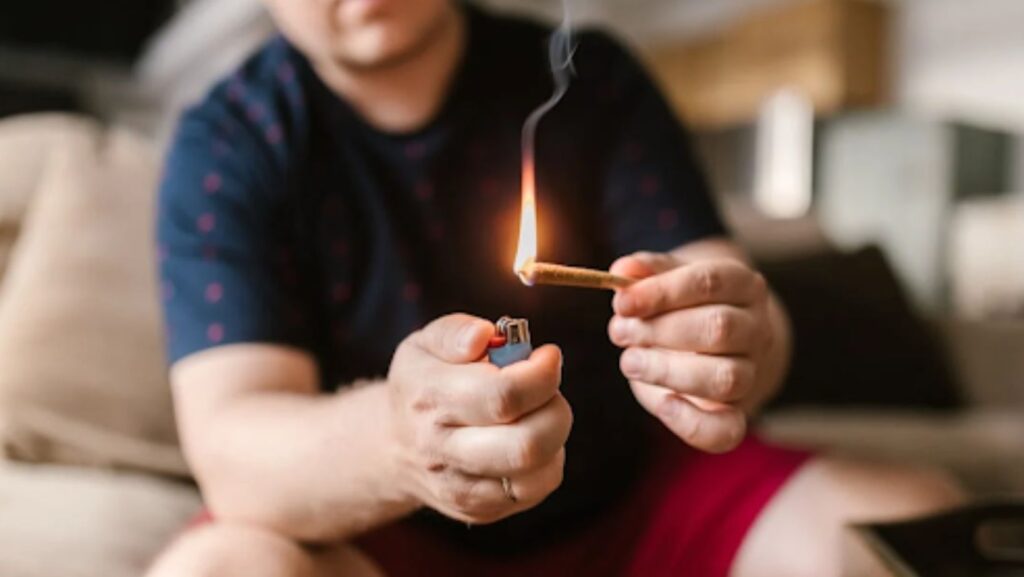Addiction affects millions of people worldwide, but despite its prevalence, a strong stigma surrounds seeking help, especially when it comes to contacting a drug hotline. Many people feel ashamed or embarrassed about reaching out for support, often due to misconceptions about what hotlines offer or a fear of judgment. It’s time to break this stigma and recognize that calling a drug hotline is not a sign of weakness, but a powerful step toward recovery.
How Drug Hotlines Provide Confidential Support
One of the key benefits of calling a drug hotline is the confidentiality it offers. For support, NationalRehabHotline can provide confidential, compassionate assistance and connect individuals with the right resources to begin their recovery journey. Unlike many other forms of support, hotlines provide a safe, anonymous space where individuals can talk openly about their struggles without fear of judgment or disclosure.
- Complete Anonymity: When you call a drug hotline, you don’t have to provide your name or any identifying information. This allows individuals to share their stories and concerns without worrying about their privacy being compromised.
- Non-Judgmental Support: Hotline operators are trained to offer compassionate, non-judgmental support. Their goal is to listen, understand, and provide guidance, not to criticize or shame callers for their experiences.
Understanding the Stigma Around Drug Addiction
The stigma surrounding drug addiction is deeply ingrained in society. Many people mistakenly view addiction as a moral failing or a sign of weakness rather than the complex medical condition it is. This harmful perception can prevent individuals from seeking help, fearing they’ll be judged or ostracized by friends, family, or society.
- Social Judgment: Many people struggling with addiction internalize the negative stereotypes associated with drug use, which can lead to feelings of guilt, shame, and isolation.
- Fear of Repercussions: Some fear that reaching out to a hotline might expose their struggles to employers or loved ones, leading to negative consequences in their personal or professional lives.
Why Asking for Help Is a Brave Step
Taking the step to call a drug hotline requires immense courage. Admitting that you need help and taking action is one of the hardest parts of recovery, but it’s also one of the most important.

Reaching out for support signifies that you’re ready to face your challenges head-on, which is a powerful demonstration of inner strength.
- Acknowledging the Problem: Calling a hotline is a form of self-awareness. It shows that you recognize the severity of your situation and are willing to take steps to address it.
- Facing Fear: Many people fear the unknown when it comes to addiction treatment. Calling a hotline is often the first step in overcoming that fear, as it provides information on what to expect in the recovery process.
The Role of Drug Hotlines in Recovery
Drug hotlines play an essential role in guiding individuals toward the appropriate resources and treatment options. While they don’t offer immediate solutions, they provide a critical first point of contact for people seeking help, often connecting them with rehabilitation centers, counseling services, and support groups.
- Referrals to Treatment Centers: Many hotlines have relationships with treatment centers across the country and can provide referrals to local services that meet the caller’s specific needs, whether it’s inpatient rehabilitation, outpatient counseling, or detox programs.
- Educational Resources: For those who aren’t sure if they need treatment or just want more information, drug hotlines can provide educational resources about addiction, substance abuse, and the recovery process.
Common Myths About Drug Hotlines Debunked
There are several misconceptions about drug hotlines that can prevent people from reaching out. Let’s break down a few common myths to help eliminate the barriers that might keep someone from making the call.
- Myth 1: “They’ll Judge Me” – Hotline operators are specifically trained to be compassionate and supportive. Their goal is to listen and help, not to judge you for your situation.
- Myth 2: “They Can’t Help” – While hotlines don’t offer in-person treatment, they are a critical first step toward recovery. They can provide referrals to professionals who specialize in addiction treatment and recovery.
- Myth 3: “Calling Means I’m Weak” – In reality, calling a hotline is a powerful step toward taking control of your life. Admitting you need help is one of the strongest things you can do when battling addiction.
Success Stories: People Who Benefited from Calling
For many, calling a drug hotline has been the turning point in their recovery. Hearing success stories from individuals who have gone through the same struggles can provide hope and encouragement to others facing addiction.
- A Path to Sobriety: Many individuals have shared that the simple act of calling a hotline provided the support they needed to enter treatment and achieve long-term sobriety.
- Emotional Support in Crisis: In moments of crisis, having someone to talk to who understands addiction can make all the difference.

Breaking the stigma around drug addiction and seeking help is crucial for those struggling with substance abuse. Calling a drug hotline is a courageous first step that demonstrates strength, self-awareness, and a commitment to recovery. Drug hotlines provide confidential, non-judgmental support, serving as a vital resource for anyone looking to take control of their life and seek treatment.
